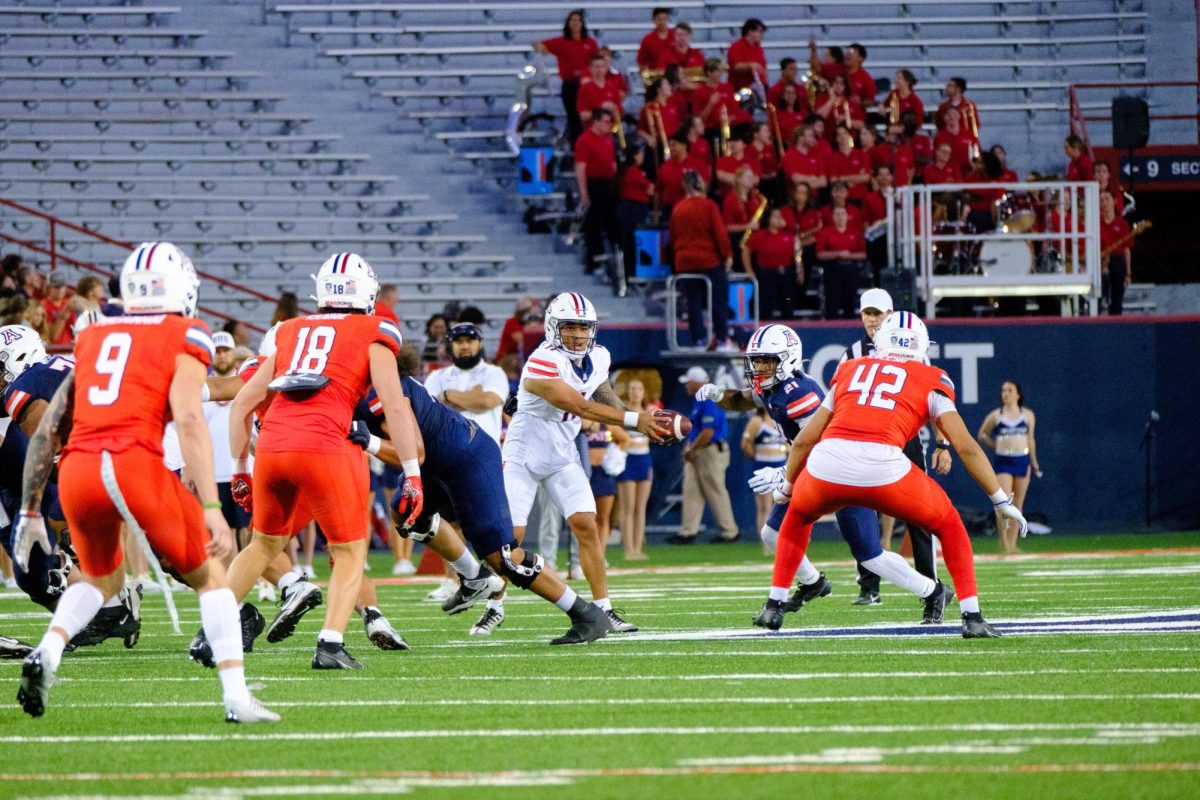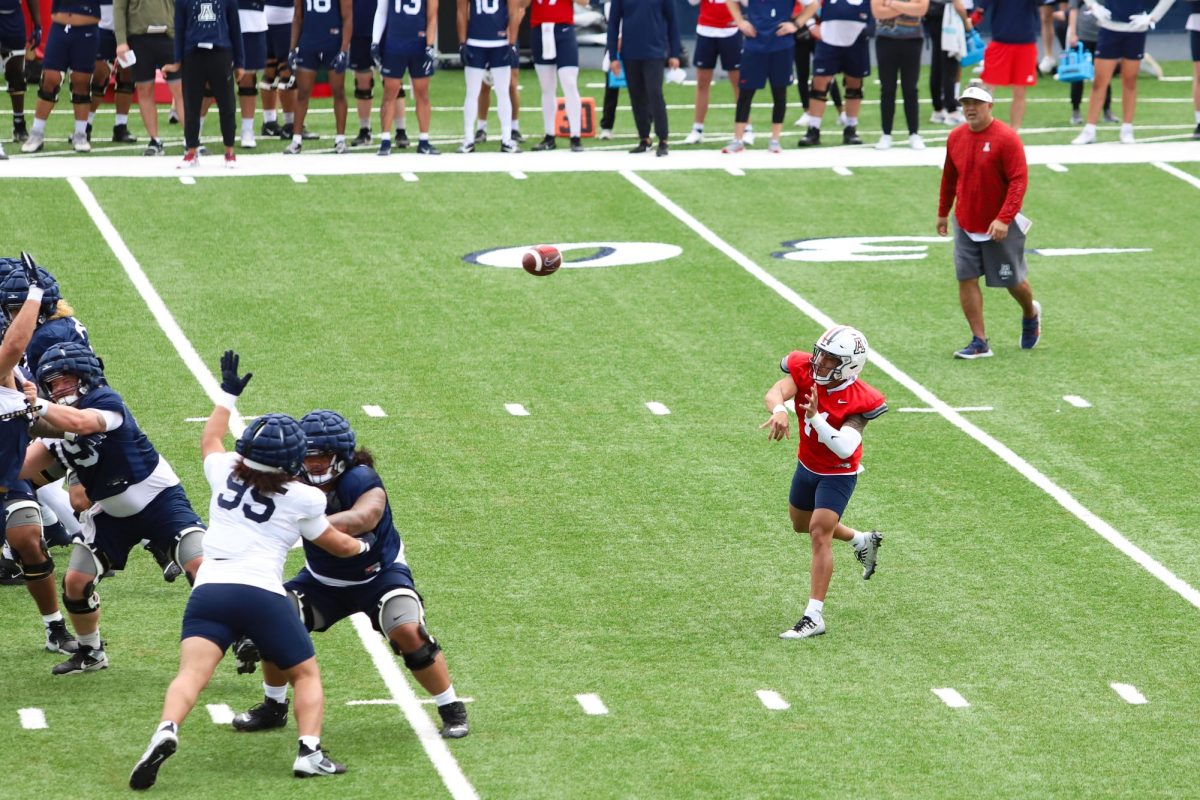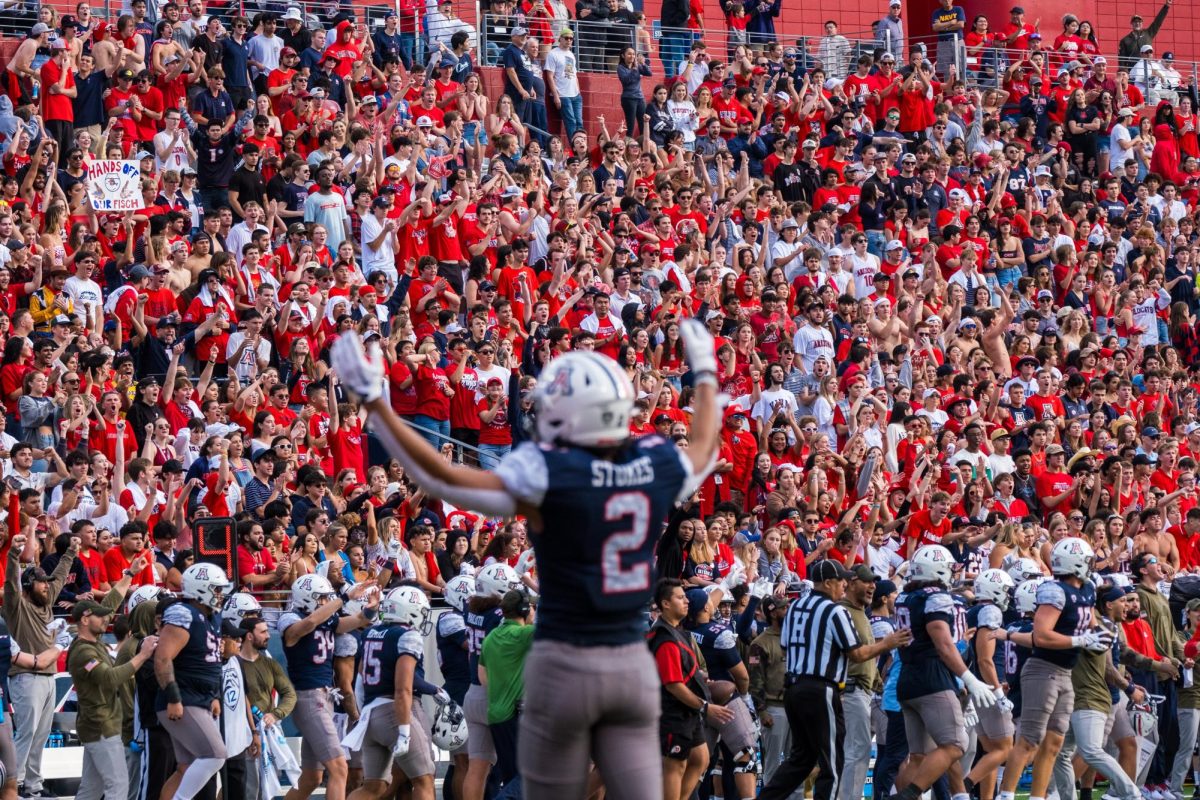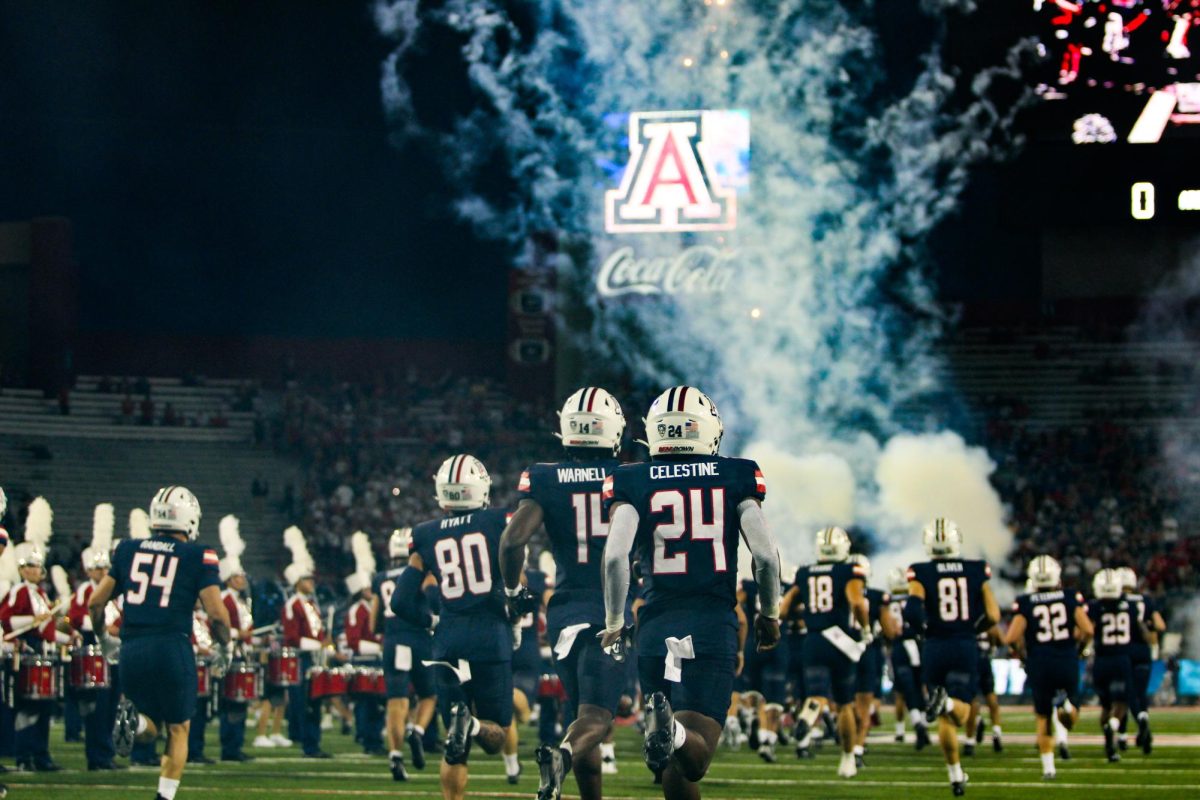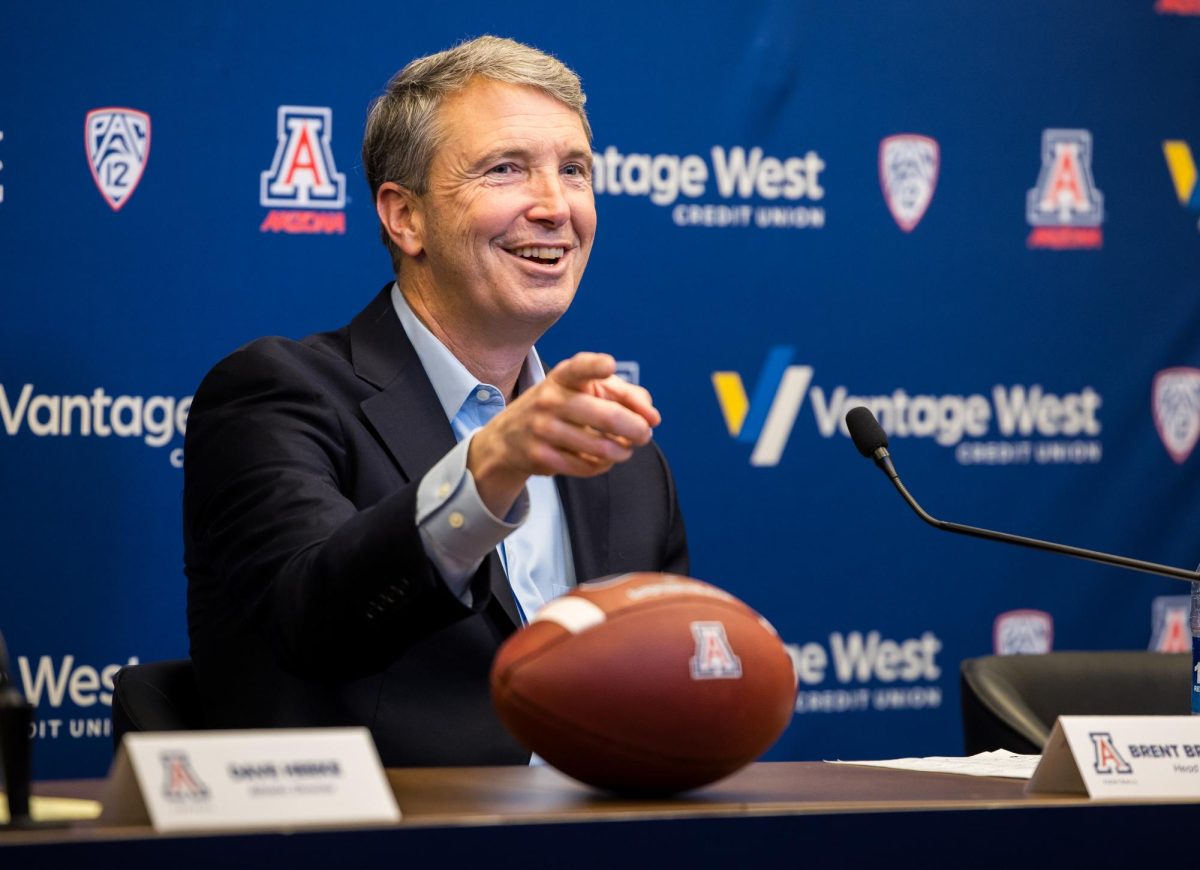They invented the trick play, revolutionized the forward pass and pioneered strategy over strength. Historians call them “the team that invented football.” So why don’t more people talk about the Carlisle Indian School football team?
Author Steve Sheinkin, or as the librarians call him, the “not boring history guy,” digs into the story and legacy of this hidden gem of a team in his new book “Undefeated: Jim Thorpe and the Carlisle Indian School Football Team.”
“I think it’s the best underdog sports story I’ve ever seen or heard of,” Sheinkin said. “What these guys were up against is just almost unimaginable, on and off the field … They just reinvented the game.”
College football in the late 1800s was dominated by “The Big Four” elite teams: Harvard, Yale, Princeton and the University of Pennsylvania.
RELATED: Kevin Sumlin named head coach of Arizona football, says program “will win championships”
And then came Carlisle.
When they began in 1893, the team was met with skepticism and outright racism. Sports writers assumed the team would give up easily, drawing on a stereotype that Native Americans were quick quitters.
None of this stopped Carlisle.
“That’s where the name Undefeated [comes from],” Sheinkin said. “It means the obvious thing about trying to be undefeated. But [also] … just how undefeated they were in spirit.”
In 1899, Pop Warner was hired as a new coach, and thus began something of a golden age for Carlisle. In October of that year, Carlisle won its first victory over a Big Four team, Penn.
In 1903, they debuted the “hidden ball trick” in a game against Harvard. The crowd had never seen anything quite so strategically innovative.
By 1906, innovation was exactly what football needed. President Theodore Roosevelt, a longtime defender of football, assembled what would one day become the NCAA.
These men rewrote the rules of the game in hopes of making it less violent and more similar to the modern game. Most significantly, they legalized the forward pass.
In October 1907, Carlisle fullback Frank Hauser threw a 40-yard spiral in the first forward pass in a high-profile football game. Fans had never seen anything like it. The future of football was upon them.
Carlisle played what came to be known as “whirlwind football,” full of power rushes, outside speed runs and long forward passes.
No game was more significant to Carlisle than its 1912 game against West Point Military Academy. These were the sons and grandsons of the men who had killed the Carlisle players’ fathers and grandfathers. Carlisle won that game 27-6.
No story about the Carlisle Indians Football Team would be complete without mentioning the Carlisle Indian School itself. It was established in 1879 by General Richard Pratt with the goal of “civilizing” Native American children.
Students would be taken away from their homes, given makeovers and forbidden to speak their own languages. Beatings were a regular punishment.
RELATED: Three former Wildcats ready to represent on footall’s biggest stage
Students fought this by secretly speaking to each other at night in their native languages and by frequently running away. The school shut down in 1918.
For the players, football afforded them greater freedom than they had in the school.
It was not easy, but very little in life had been easy for them. After leaving Carlisle, Pop Warner said, “On the athletic field, where the struggle was man-to-man, they felt that the Indian had his first even break.”
The NFL was projected to make $13 billion in 2016. How much of that would have been possible without the underdog team of Native American students who changed the modern game?
“Football is so popular,” Sheinkin said. “I wish people knew how much the Carlisle Team contributed to football. I think fans should know that.”
Sheinkin will be speaking on a panel at the Tucson Festival of Books on Saturday, March 10, at 4 p.m. in the Education building.
Follow Vanessa Ontiveros on Twitter.




